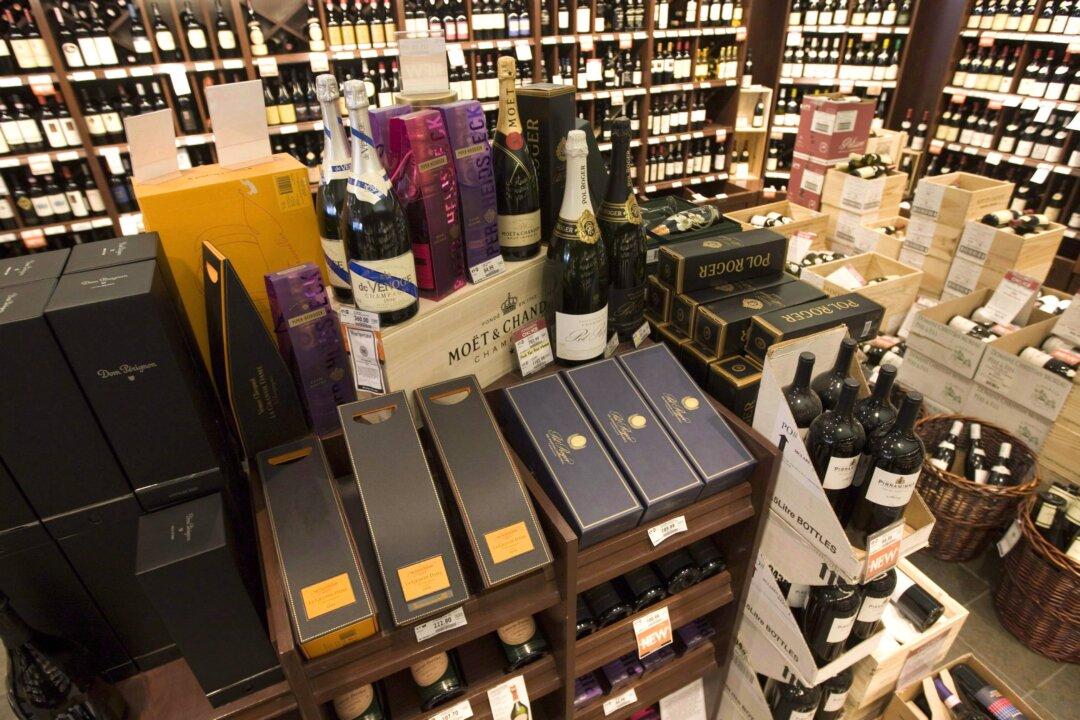Ontario will be allowing alcohol to be sold in convenience, grocery, and big box stores starting in 2026.
Approximately 8,500 retailers will be permitted to sell beer, wine, cider, coolers, seltzer, and other low-alcohol, ready-to-drink beverages, according to a government news release.





